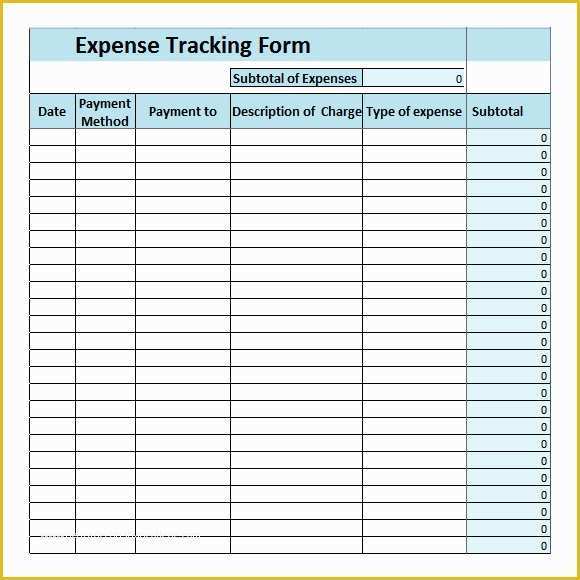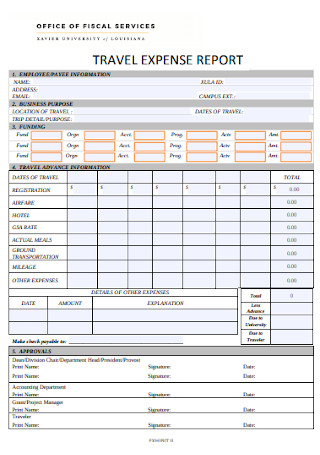


Any personal expenses: including any family travel costs incurred by spouses and children who travel with you, or entertainment costs outside of the ordinary, e.g.

Unreasonable expenses: if an expense isn’t necessary, and business can be conducted on the trip without it, then it’s unreasonable.There are some expenses which will not be considered business travel expenses:
 Costs associated with work-related tasks: conference tickets, new client acquisition expenses, business meeting expenses. Communication costs: mobile and roaming expenses, internet access, any rental equipment. Regular day-to-day expenses like food and drink. Accommodation costs: hotels, motels, bed and breakfasts. Transportation costs: airfares, airport shuttles, public transport, taxi fares, rental cars or mileage if using a personal vehicle while travelling for business. Here’s a list of expenses which are generally considered to be business travel expenses: The expense must be incurred for business purposes or be a cost associated with employees needing to stay overnight away from their regular place of work. Lavish or unreasonable expenses, like renting a fancy sports car instead of a comfortable sedan, is more than what’s required for a business trip – unless of course, your traveller is a sports-car racer. The expense needs to be what is deemed as ordinary, necessary and reasonable to operate the business and complete employment duties. With business-related travel come business travel expenses.įor an expense to be considered a business travel expense – and therefore tax-deductible – it needs to meet a few general criteria. If for some reason, they’re unable to return home because of circumstances out of their control, and must stay the weekend, that part of the trip might be covered by insurance. They might finish with their work commitments on a Friday and choose to stay for the weekend – this would then be considered as ‘bleisure’. If employees are required to work on the weekend and away from home, they should be reimbursed accordingly, based on what their employment agreement is with the company. you extend a trip that is primarily for business by a few days to ‘see the sights’, the general rule is that the ‘work’ part of the trip is considered to be business travel, and therefore the ‘leisure’ part is personal, and not business travel.īusiness travel on weekends can be a little trickier to define, and often comes down to what is in your business travel policy. When it comes to combining work with leisure – i.e. The type of work conducted when on a business trip and away from home. you have an office in Wellington and a distribution centre in Auckland The definition of home being the regular place of work instead of a family home – unless you’re a home-based business – or if you conduct business at more than one site, e.g. Distance travelled – number of kilometres travelled not including the distance to and from home and work. The amount of time employees are away from home – is it substantially longer than an ordinary day’s work and are they required to spend the night?. There are several different factors that can influence a definition of business travel and any associated expenses: These tasks could be as simple as visiting a trade fair, or as complex as a two-week buying trip to China. Generally, employees are on a business trip if they’re primarily conducting work-related tasks outside of their regular and agreed upon place of work. This is especially relevant in today’s corporate travel climate, where employees might extend a business trip by a couple of days for personal reasons – commonly referred to as ‘bleisure’ travel. Before you get started calculating, it’s important to define exactly what travel is ‘business travel’.
Costs associated with work-related tasks: conference tickets, new client acquisition expenses, business meeting expenses. Communication costs: mobile and roaming expenses, internet access, any rental equipment. Regular day-to-day expenses like food and drink. Accommodation costs: hotels, motels, bed and breakfasts. Transportation costs: airfares, airport shuttles, public transport, taxi fares, rental cars or mileage if using a personal vehicle while travelling for business. Here’s a list of expenses which are generally considered to be business travel expenses: The expense must be incurred for business purposes or be a cost associated with employees needing to stay overnight away from their regular place of work. Lavish or unreasonable expenses, like renting a fancy sports car instead of a comfortable sedan, is more than what’s required for a business trip – unless of course, your traveller is a sports-car racer. The expense needs to be what is deemed as ordinary, necessary and reasonable to operate the business and complete employment duties. With business-related travel come business travel expenses.įor an expense to be considered a business travel expense – and therefore tax-deductible – it needs to meet a few general criteria. If for some reason, they’re unable to return home because of circumstances out of their control, and must stay the weekend, that part of the trip might be covered by insurance. They might finish with their work commitments on a Friday and choose to stay for the weekend – this would then be considered as ‘bleisure’. If employees are required to work on the weekend and away from home, they should be reimbursed accordingly, based on what their employment agreement is with the company. you extend a trip that is primarily for business by a few days to ‘see the sights’, the general rule is that the ‘work’ part of the trip is considered to be business travel, and therefore the ‘leisure’ part is personal, and not business travel.īusiness travel on weekends can be a little trickier to define, and often comes down to what is in your business travel policy. When it comes to combining work with leisure – i.e. The type of work conducted when on a business trip and away from home. you have an office in Wellington and a distribution centre in Auckland The definition of home being the regular place of work instead of a family home – unless you’re a home-based business – or if you conduct business at more than one site, e.g. Distance travelled – number of kilometres travelled not including the distance to and from home and work. The amount of time employees are away from home – is it substantially longer than an ordinary day’s work and are they required to spend the night?. There are several different factors that can influence a definition of business travel and any associated expenses: These tasks could be as simple as visiting a trade fair, or as complex as a two-week buying trip to China. Generally, employees are on a business trip if they’re primarily conducting work-related tasks outside of their regular and agreed upon place of work. This is especially relevant in today’s corporate travel climate, where employees might extend a business trip by a couple of days for personal reasons – commonly referred to as ‘bleisure’ travel. Before you get started calculating, it’s important to define exactly what travel is ‘business travel’.







 0 kommentar(er)
0 kommentar(er)
